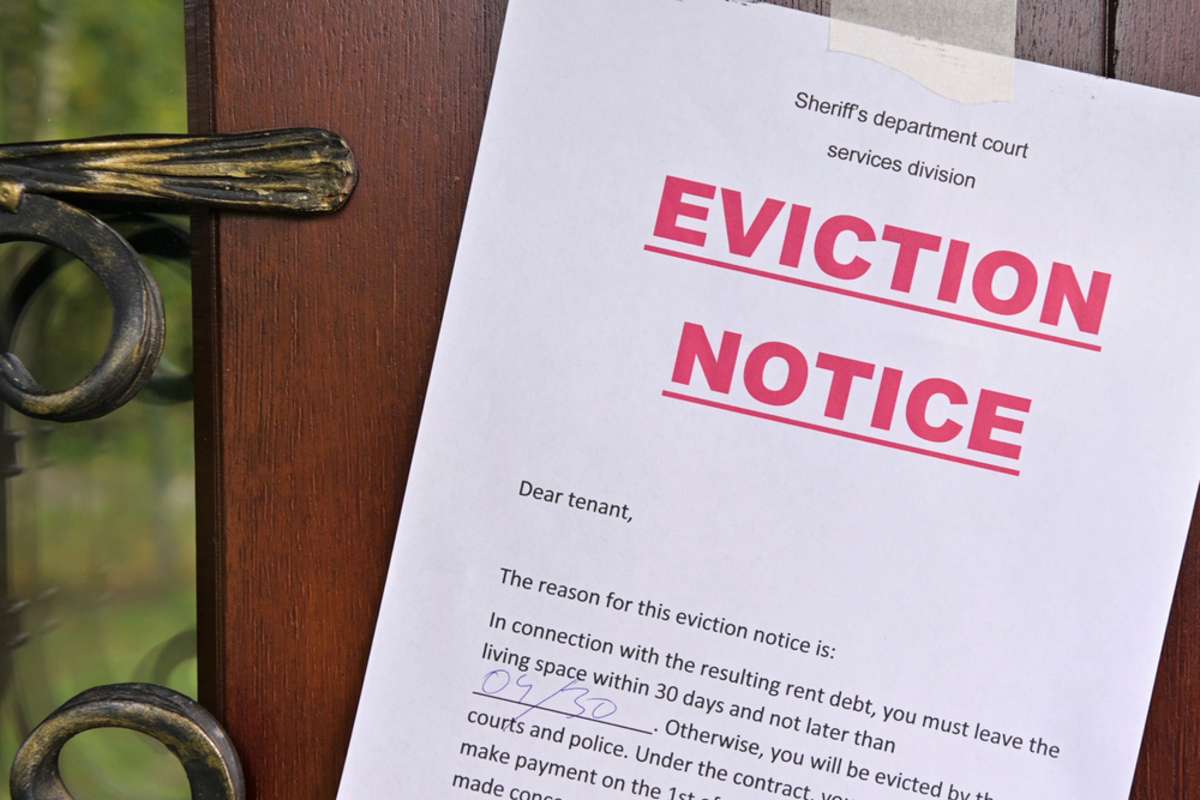
Osprey Property Management |  December 5, 2024
December 5, 2024
Subscribe Our Newsletter
Sign up here to get the latest news, updates and special offers delivered directly to your inbox.
Popular Articles
Tag
- Osprey Property Management
- Virginia Beach Property Management
- Professional Property Management
- Rental Management Companies
- Rental Property Maintenance
- Norfolk Property Management
- Property Management Services
- Hampton Property Management
- Property Management
- Property Management Company
- Tenant Screening
- Being A Landlord
- Chesapeake Property Management
- Coastal Virginia Property Management
- Eviction Process
- Hampton Roads Property Management
- Investment Property Management
- Newport News Property Management Company
- Property Maintenance
- Property Management Companies
- Property Management Portsmouth
- Real Estate Investing
- Real Estate Investors
- Rent Collection
- Virginia Beach
- Virginia Beach Investment Property Management
- 30-Day Notice
- Best Property Management Companies
- Chesapeake Property Manager
- Emergency Maintenance



